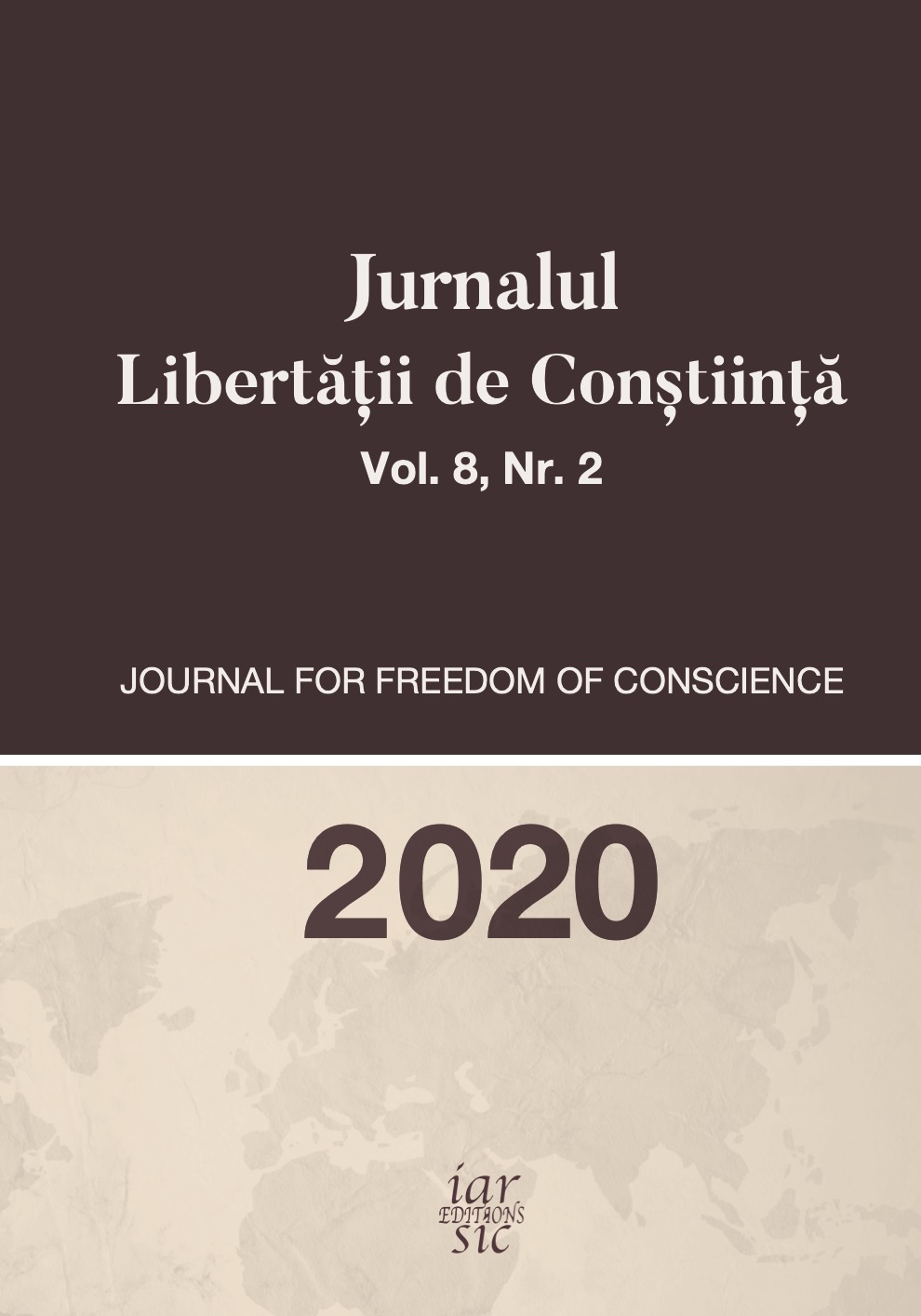INTEGRITATE ŞI CONŞTIINŢĂ RELIGIOASĂ: DIAGNOZĂ ŞI DELIMITĂRI A FENOMENULUI MODERN DIN PERSPECTIVĂ ORTODOXĂ
Integrity and Religious Conscience: Diagnosis and Delimitations of the Modern Phenomenon from an Orthodox Perspective
Author(s): Stelian ManolacheSubject(s): Christian Theology and Religion, Theology and Religion, Eastern Orthodoxy
Published by: Editions IARSIC
Keywords: religious integrity; religious conscience; modernity; diagnostis;
Summary/Abstract: After 1989, in the context of post-December democracy, the Romanian Orthodox Church was summoned 1. by the modern Christian secular de- Christianized world – after two centuries of criticism of rationality and its overbidding in post-modernity1, a paradigm in a crisis of identity deep due to the decomposition of the modern logocentric rationalist conception2, focused on the falsification of values such as moral integrity, individualism, personal success, well-being or consumerism – but also by 2. the voices of some representatives of the Agora of Romanian society, accusers of the ancestral Orthodox Church and its representatives that they did not initiate and assume an adequate Christian response/program in which they survived in the context of past restrictions (1948-1989) under the domination of communist ideology, to legitimize and argue their own beliefs and customs related to the life of the Church, by stating the evangelical message and the value discernment, starting from the exigencies of a contemporary society, which bears no resemblance to the times in which it was canonically formed and consolidated as a structure and teaching. The reproaches from the West, as well as from the East, towards the Romanian Orthodox Church and its representatives, were, in fact, according to their opinions, that the ecclesial structures remained stuck in an obsolete formalism, by refusing to alienate the requirements of the time. labeling it as a conservative and passive Church, and not an active and dynamic Church compared to Western Roman Catholic, Protestant and, more recently, neo-Protestant denominations. In the following lines of our study, we will try to draw a brief diagnosis of religious integrity and conscience from the perspective of the analysis of Orthodox thought, which is intended to be a dialogue response to all these challenges.
Journal: Jurnalul Libertății de Conștiință
- Issue Year: 8/2020
- Issue No: 2
- Page Range: 552-563
- Page Count: 12
- Language: Romanian

